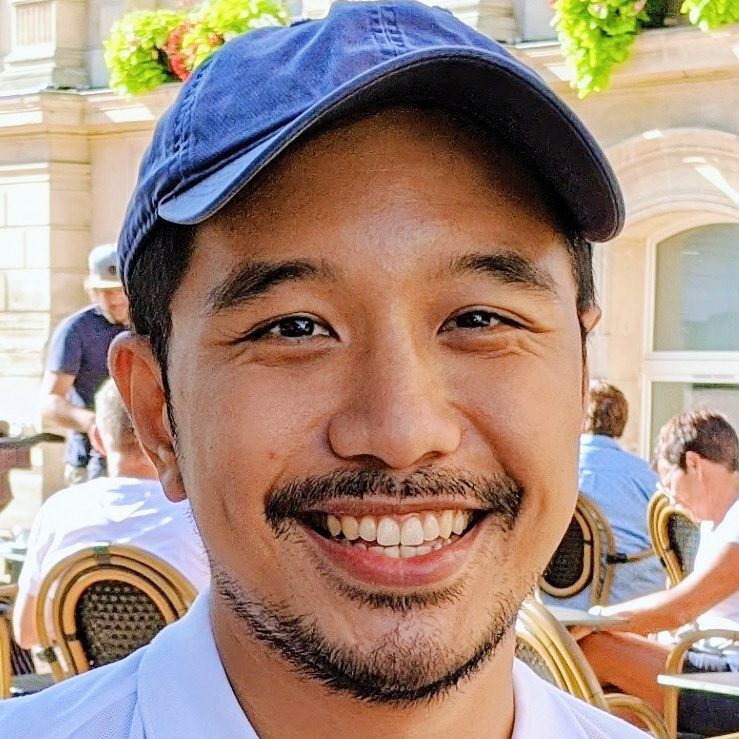Gusto ko iparating ang taos-puso kong pasasalamat sa lahat ng bumati. Hindi ko man kayo mapasalamatan isa-isa, nabasa ko lahat ng mga messages ninyo at masaya ako na bahagi kayo ng kaganapang ‘to.
Congratulations to all the parents who made this happen for all us new lawyers. This achievement is yours. Congratulations and thank you!
‘Di ko alam kung sa Pilipinas lang ganito natin idina-dakila ang pagiging abogado. I have a theory that more than the fact na napakahirap maging abogado sa Pilipinas, malaki ang pagtingin natin sa mga abogado at ganoon na lang kung ipagdiwang ang pagkakapasa sa bar exam dahil sa pangangailangan ng indibidwal, pamilya, at mga grupo na pangalagaan at ipaglaban ang kani-kanilang interes. Perhaps a manifestation of the many contradictions in society, or of its weak institutions that families celebrate having the advantage of having a lawyer to protect their interests. But that is for social scientists to discuss adequately. Othwerise, what are lawyers for, really?
After watching Pope Francis’ speech in his encounter with the youth, I am even more amazed and inspired with his words and ideas. I hope the message is not trivialized or watered down because the message is actually a very strong criticism and challenge for many of us young students.
He did not speak simply of the love we are so used to. He was speaking of the love of Christ, through others, especially the poor. That is why he extolled that we have to “learn how to love and be loved”! Because we don’t! He even said it is the “most important subject we have to learn in a university” which is a strong criticism of how our universities are run. We are not being taught how to love others with true compassion. The focus has always been on becoming employable professionals for a ‘globalised’ future. We have lost our sense of community and compassion with society!
When he told us that we have to learn to cry, certainly hindi niya tayo sinasabihang maging iyakin. It is not an affirmation of young people’s propensity to cry when they are heartbroken. NO! It was his way of emphasizing his message of compassion, of feeling and suffering with the poor and the abused. We do not weep with the oppressed and the abused because we do not feel their suffering. That is what the Pope meant when we have to learn how to weep!
There is this prevalent and misguided notion among several sectors of the ‘educated class’ that the cause of a person’s or a family’s poverty and want is a function of one’s lack of “diskarte” as they call it, or even more insulting, a function of one’s indolence (echoing Spanish colonial friars), or worse, a function of the number of children in the family.
If that were the case, then they should agree with the idea that the primary solution, then, to the persistent poverty that cripples majority of Filipinos is a nationwide psychological self-help and motivation seminar and the mass castration and ligation of couples nationwide. But clearly, that is absurd as it is naive.
